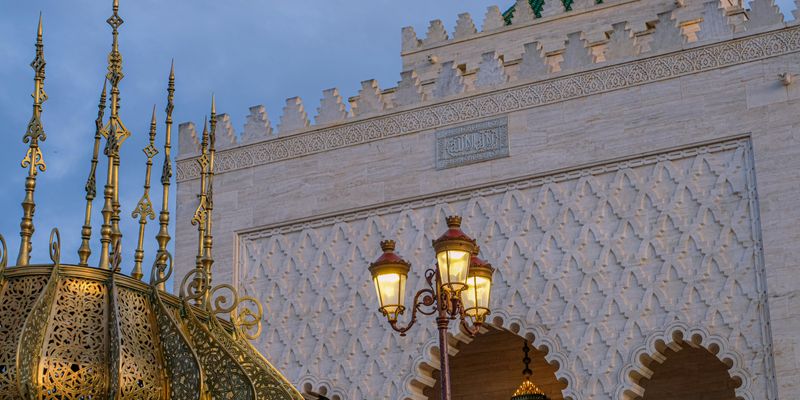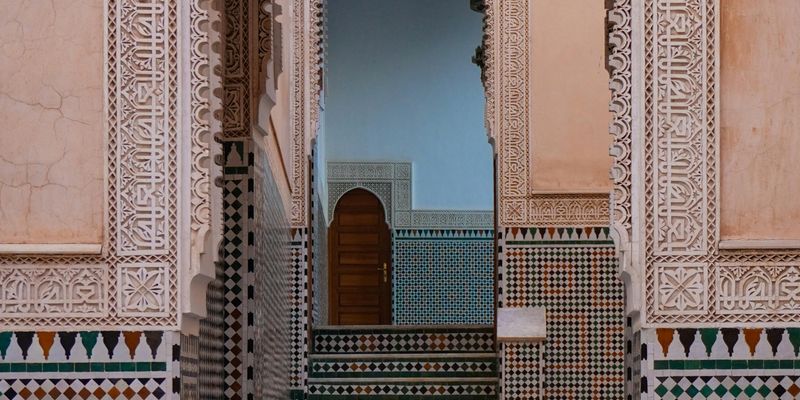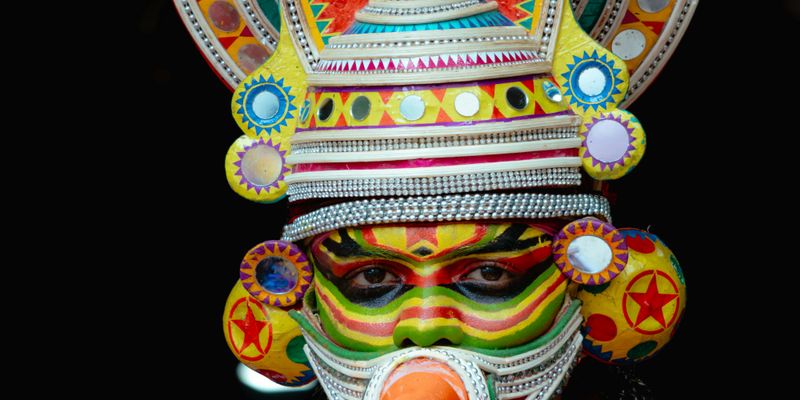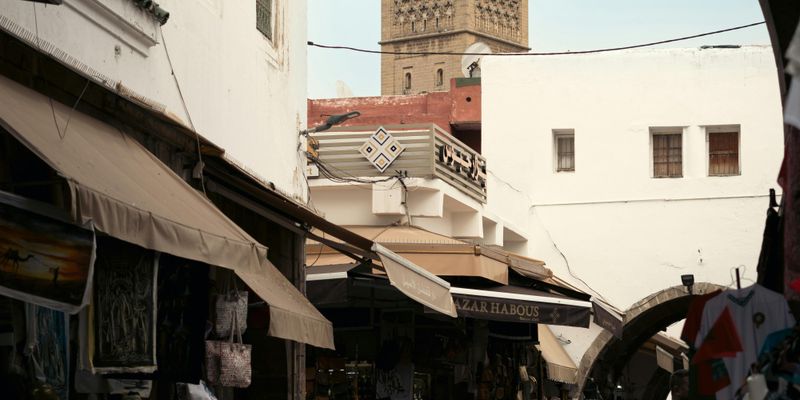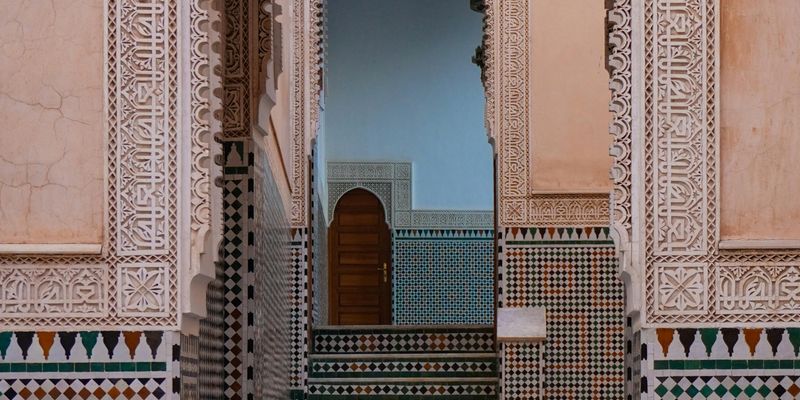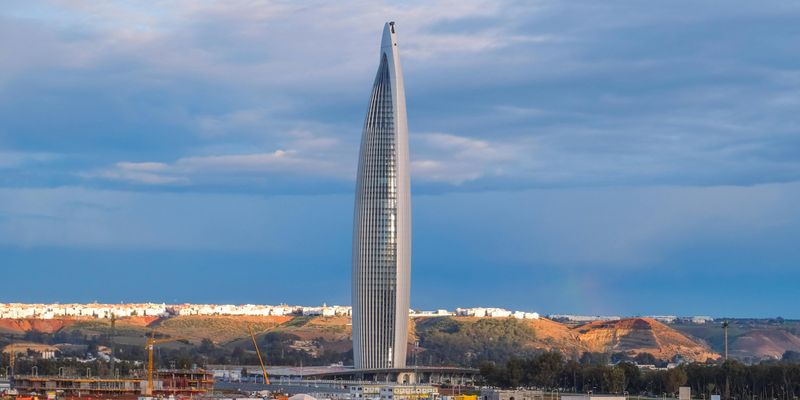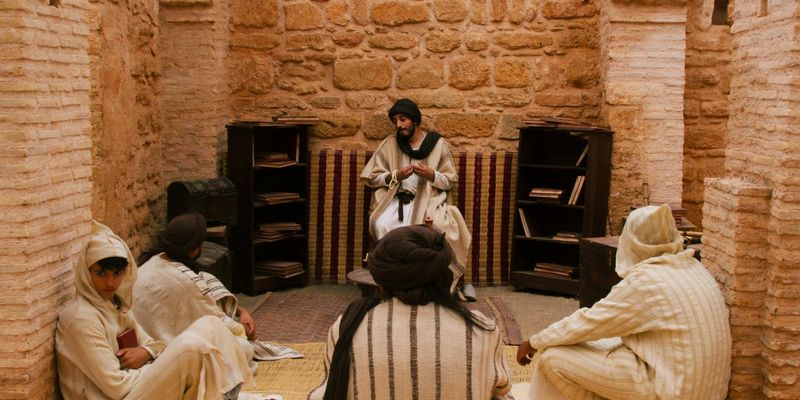
Introduction
Morocco, a land steeped in history and culture, boasts a rich literary heritage that has captivated not just its natives but also readers across the globe. From the ancient manuscripts of the Amazigh people to the modern voices of contemporary writers, Morocco's literary treasures reflect the nation's multifaceted identity and traditions. Today, I invite you to immerse yourself in the enchanting world of Moroccan literature and discover its profound impact.
From Ancient Wisdom to Modern Narratives
The literary history of Morocco stretches back centuries, with roots deeply embedded in both oral and written traditions. The Amazigh people, the indigenous inhabitants of the land, have long been known for their oral storytelling—rich tales that convey wisdom, history, and cultural values. These narratives were often shared in the form of songs, proverbs, and fables, ensuring their survival through generations.
In the Middle Ages, Moroccan literature flourished as Arabic became the dominant language, giving rise to illustrious poets like Ibn Battuta, who is renowned for his travel writings. His accounts take readers on a journey through various cultures, showcasing the diverse landscape of human experiences that Morocco embodies. Today, authors like Leila Aboulela and Mohammed Choukri provide fresh perspectives on contemporary Moroccan life, weaving together personal narratives with broader societal themes.
The Influence of Cultural Crossroads
What makes Moroccan literature particularly fascinating is its unique blend of influences. Lying at the crossroads of Africa, Europe, and the Arab world, Morocco has absorbed a multitude of cultural expressions. The intertwining of French, Spanish, Arabic, and Berber languages has birthed a rich tapestry of literature that reflects this diversity.
In this melting pot of influences, you will find works that explore identity, migration, and the tensions between tradition and modernity. Notably, Driss Chraïbi’s "The Simple Past" offers a poignant critique of Moroccan society and a glimpse into the complexities of its evolution.
The Role of Literature in Moroccan Life
Literature occupies a vital role in the Moroccan cultural landscape. You’ll find bustling bookstores and vibrant literary festivals in cities like Fez and Marrakesh, where authors and book lovers gather to celebrate the written word. The Marrakech International Book Fair is a delightful event where literature enthusiasts converge to exchange ideas, showcasing not only Moroccan writers but also voices from across the globe.
Moreover, with the rise of social media, a new generation of Moroccan writers has emerged, bridging the gap between traditional storytelling and contemporary issues. Platforms like Instagram and Twitter allow these creators to share their work widely, connecting with both local and international audiences.
Conclusion
Morocco's literary heritage is not just a reflection of its past; it is a living, breathing entity that continues to evolve and resonate. Each book and story contributes to a larger narrative, one that reflects the complexities and beauties of Moroccan life. As you delve into the works of Moroccan authors, you embark on a journey through time and across cultures, discovering a world that is both familiar and wonderfully novel.
So, why not explore this enchanting literary landscape? Whether it’s through picking up a classic from Moroccan history or diving into the latest contemporary novel, you’ll find that Morocco’s literary contributions are sure to inspire and charm. Happy reading!
